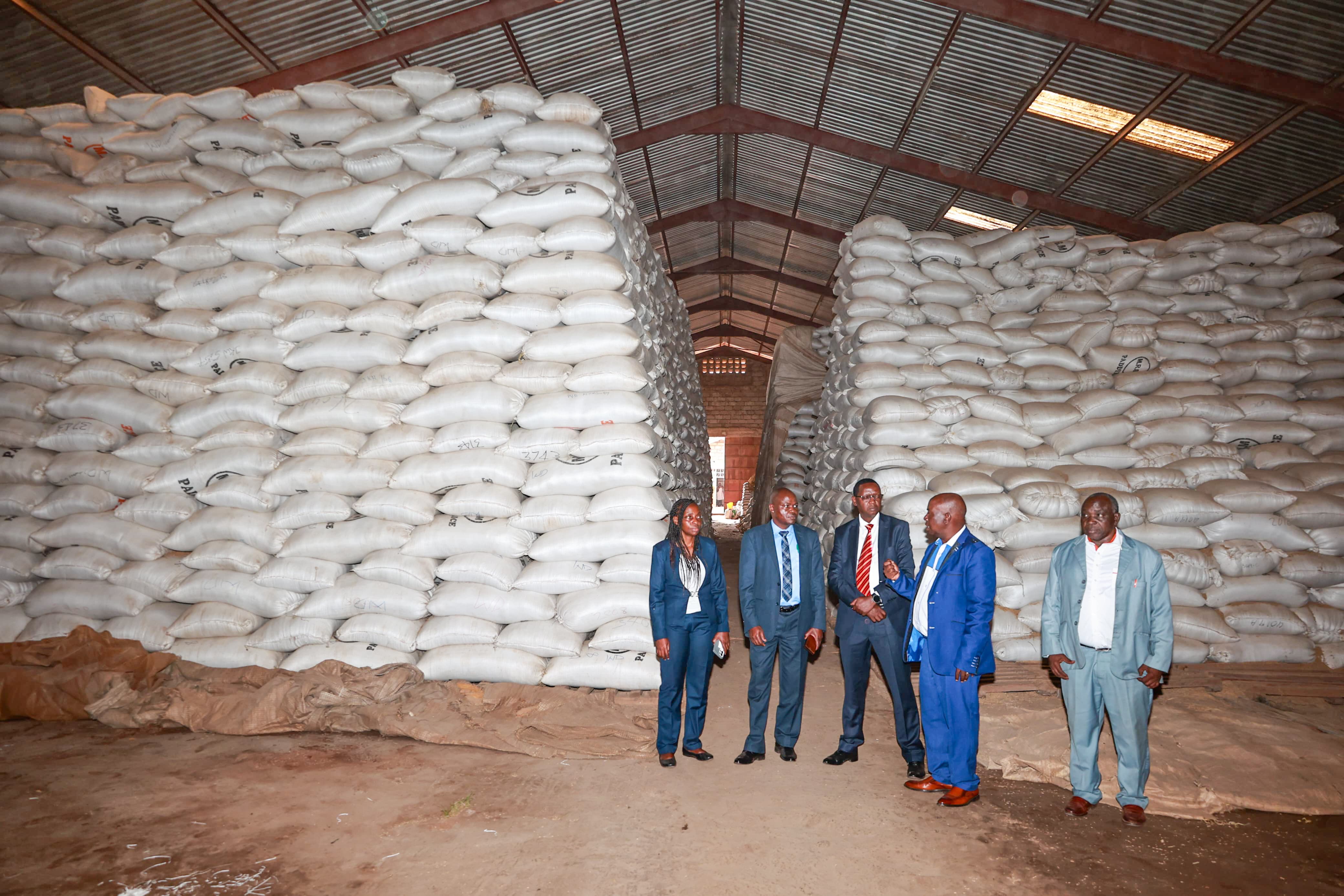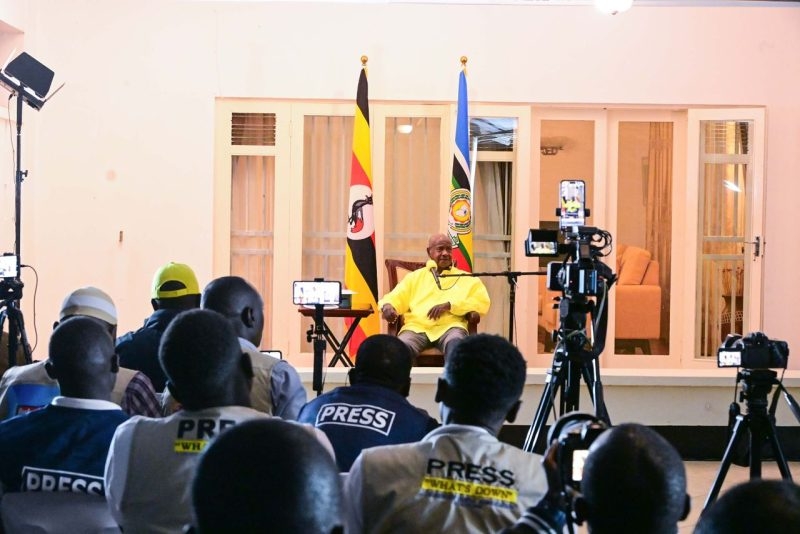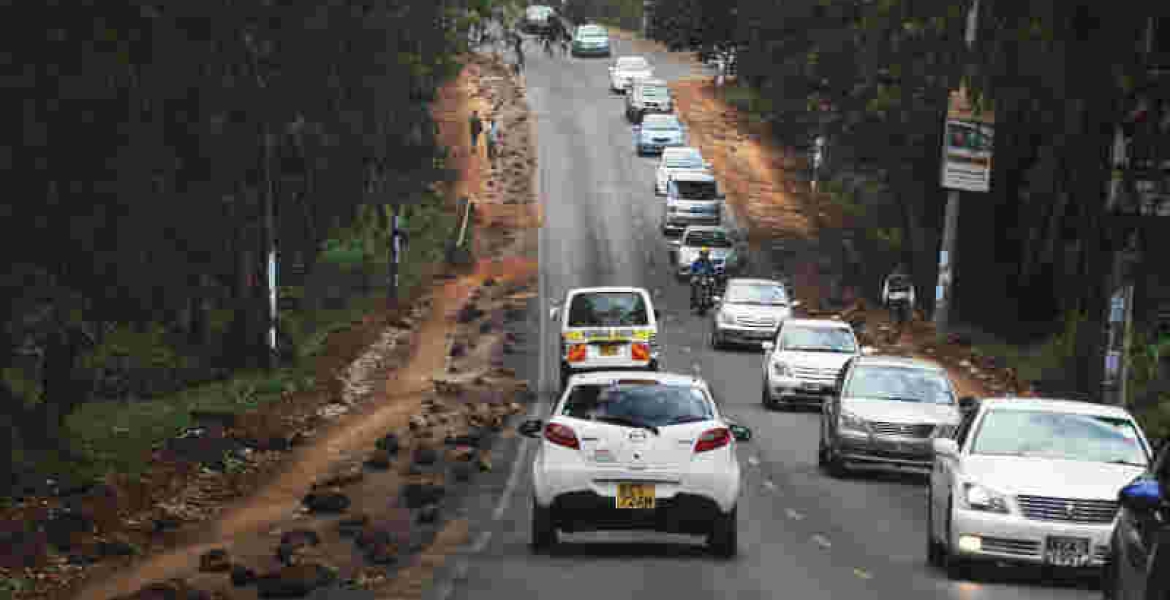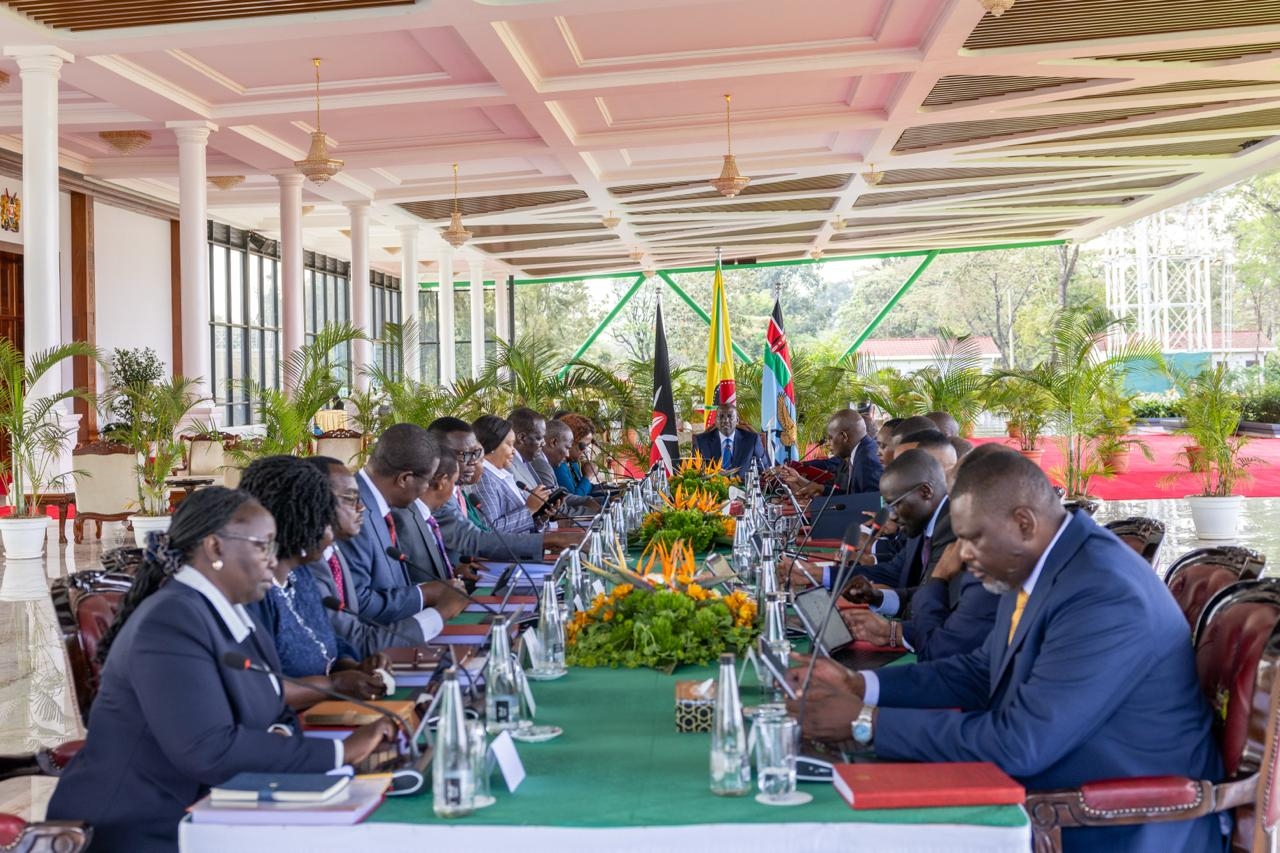
The government has moved in to address concerns raised by rice farmers under the Mwea Irrigation Scheme regarding the impact of rice importation on the sale of locally produced rice.
In a high-level meeting held Thursday at the Mwea Rice Growers Multipurpose Cooperative Society offices, key stakeholders present agreed on a decisive course of action that will save farmers from the losses.
To safeguard the livelihoods of over 8,500 rice farmers in Kirinyaga and surrounding counties, it was agreed that the Kenya National Trading Corporation (KNTC) would purchase more than 5,000 metric tonnes of locally grown rice, valued at approximately Sh500 million.
It was also announced that the Cooperative will get the full payment for delivery made within a month.
“The Cooperative will receive full payment within one month after delivery, a significant improvement on previous delays that hampered farmers’ operations and cash flow,” Agriculture and Food Authority (AFA) Director General Bruno Linyiru said in a statement.
The crisis meeting follows farmers’ calls to suspend rice importation temporarily, allowing time for the clearance of local stock.
They had protested over uncontrolled rice imports in the country, which they said were affecting the markets.
The imports, they argued, had created problems for them as they are struggling to sell farmers' rice they received last season.
Present during the meeting were the Cooperative’s chairman, Ndege Muriuki, Manager Antony Waweru, Director of the Food Crops Directorate Calistus Kundu, and KNTC Managing Director Lucy Anangwe.
Responding to these concerns, Agriculture Cabinet Secretary Mutahi Kagwe directed AFA and KNTC to engage with local stakeholders and develop an actionable plan.
While affirming the need for strategic imports due to the country's rice deficit, the Ministry stressed the importance of prioritising local production.
Linyiru revealed that in the 2024/25 season, Kenya produced 191,000 metric tonnes of milled rice, barely enough for two months, given a national monthly demand of 100,000 metric tonnes.
He said since January, only 94,000 metric tonnes have been imported, underscoring the necessity for supplementary imports.
"Going forward, the Ministry, in partnership with AFA and other stakeholders, plans to cut rice imports by 50 per cent through expanding irrigation schemes, increasing acreage under cultivation, introducing high-yield varieties, and promoting upland rice farming," he said.
The Cooperative’s leadership, while supporting controlled importation, raised concerns over unethical practices by retailers repackaging imported rice as local brands.
AFA has pledged, in collaboration with KEBS, to crack down on such practices to protect both farmers and consumers.
KNTC reaffirmed its commitment to supporting local farmers and strengthening agricultural value chains through the sustained purchase of local rice.
Farmers also expressed appreciation for the government’s infrastructure investments, particularly the Thiba Dam, which has enabled year-round cultivation and increased productivity.












